Cancun and the Mexican Caribbean are home to some truly magnificent natural wonders; from white-sand shores to cenotes and everything in between, this sun-soaked region is home to unique landscapes and vast biodiversity.
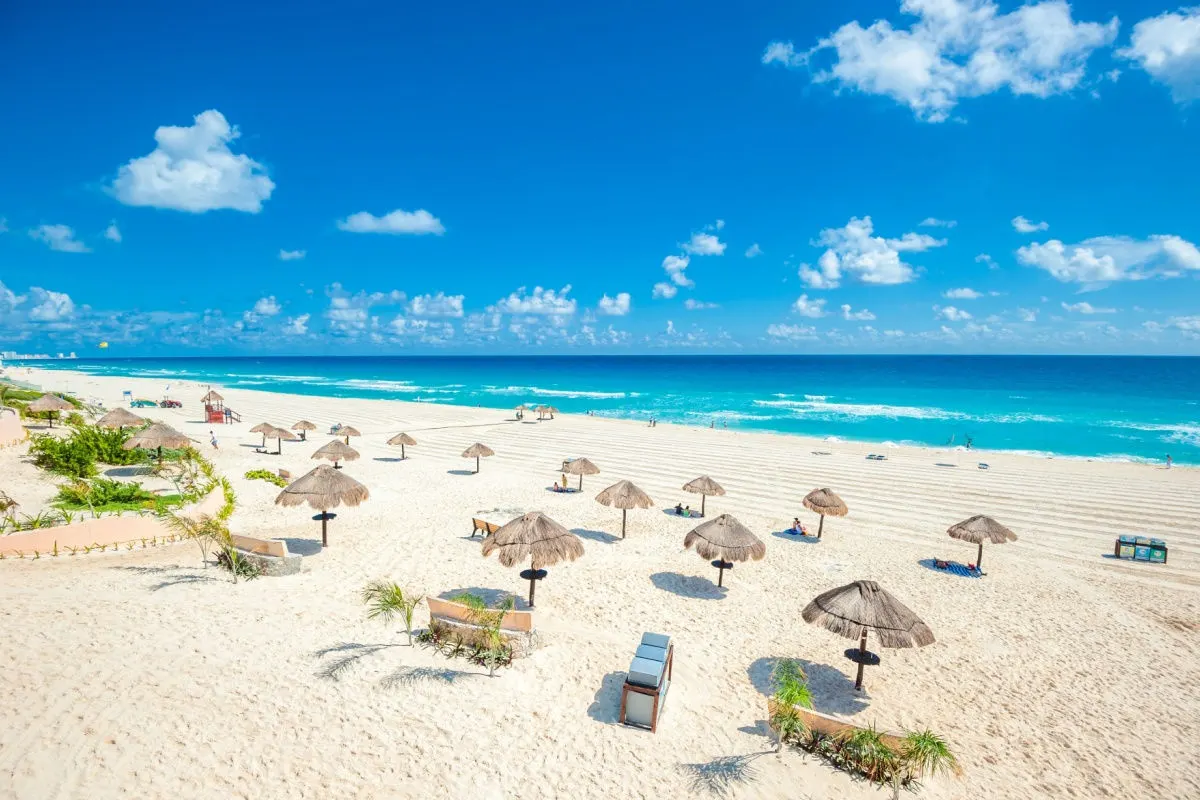
But as the area continues to skyrocket in popularity, concern is mounting over the environmental impact of the Mexican Caribbean’s ever-increasing arrival figures.
That’s why this week, officials launched a number of new guidelines aimed at preserving the region’s ecological sustainability.
Addressing issues like littering and recycling, the recommendations aim to protect the Mexican Caribbean’s stunning nature.
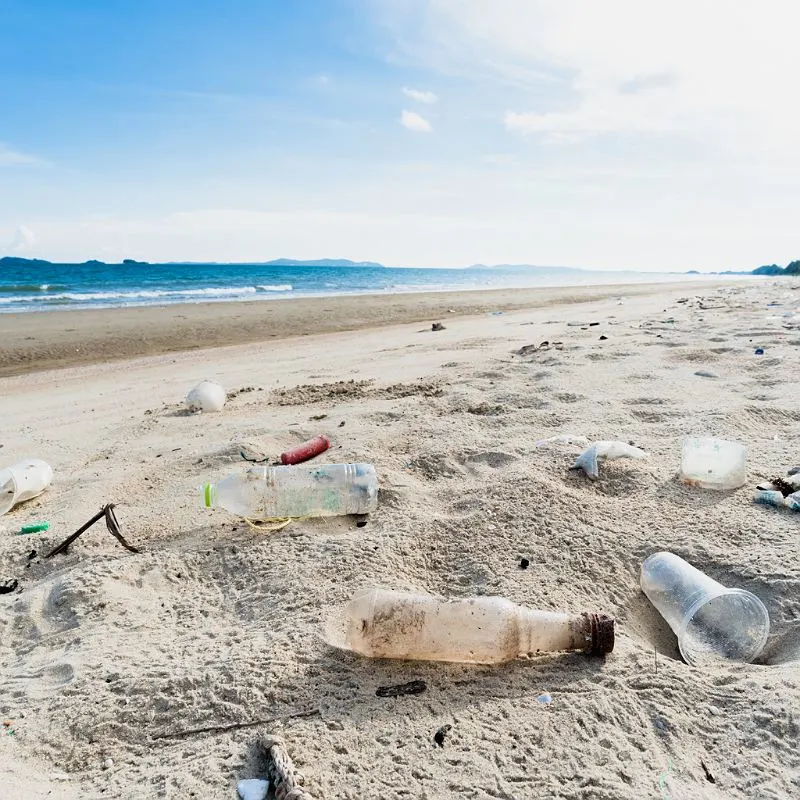
With that in mind, here’s a look at the newest beach cleanliness guidelines issued by Cancun officials.
Follow These Rules On Your Next Cancun Trip To Protect The Environment
Cancun’s stunning nature is one of the city’s most defining features; home to some of the world’s top-rated white-sand beaches, the coastal hotspot occupies a unique position with regard to its ecology.
But the region’s ever-growing arrival figures and soaring international popularity pose a huge risk for the very things that make it so popular: from beaches to cenotes, the Mexican Caribbean has seen growing levels of littering, largely stemming from travelers.
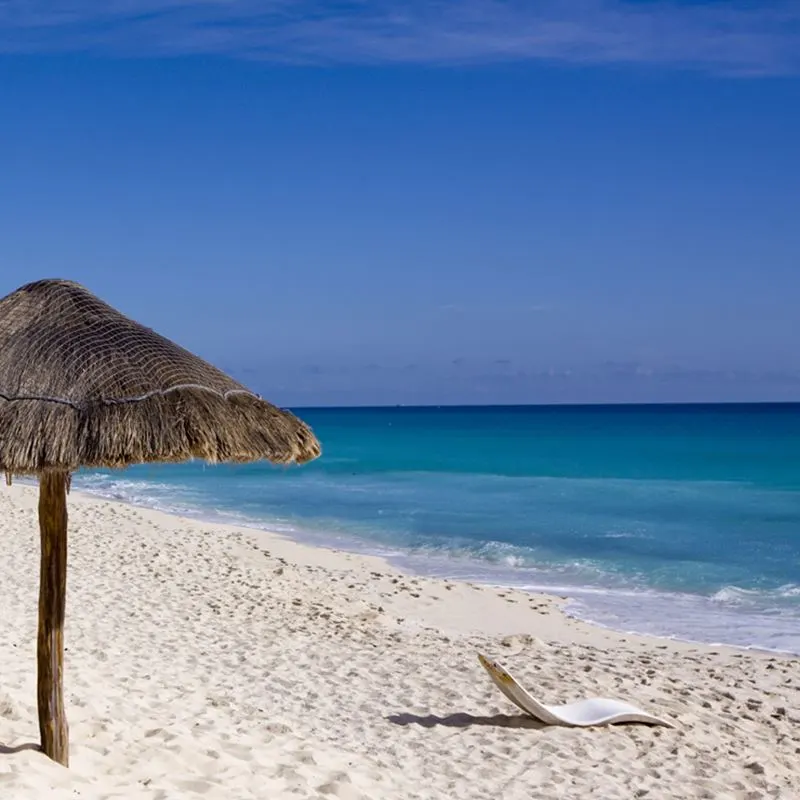
That’s why this week, experts published new guidelines encouraging travelers to behave responsibly when enjoying the Mexican Caribbean’s diverse nature.
The goal of the program is simple: by taking small steps, everyone can contribute to protecting the Mexican Caribbean’s lush nature & splendid beaches.
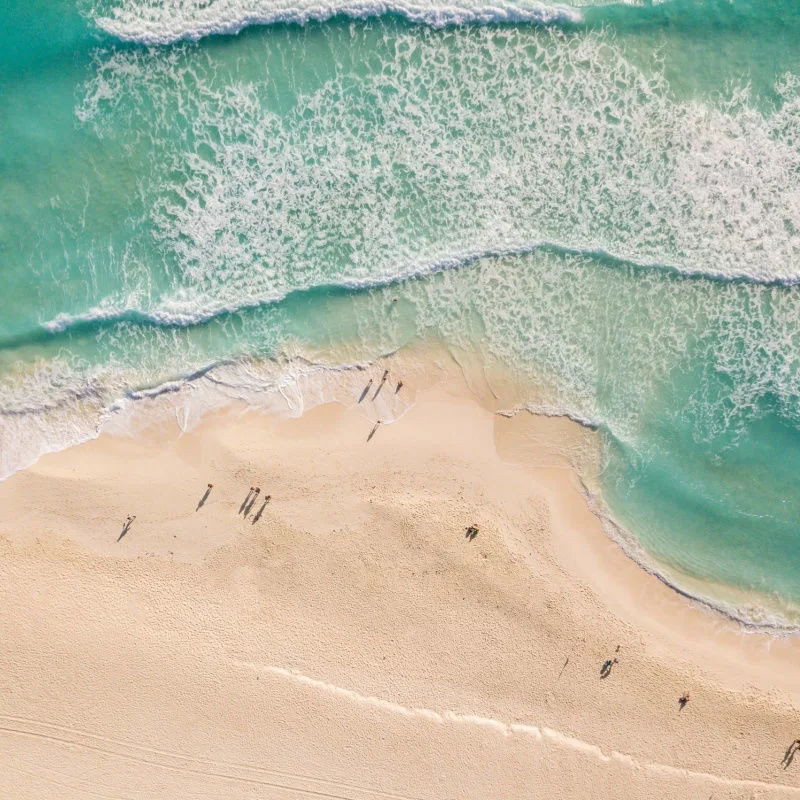
With travel numbers expected to skyrocket following the launch of the Maya Train, it’s more important than ever for visitors to be mindful of tourism’s environmental impact.
One of the main things travelers can do to keep Cancun’s beaches clean is to collect plastic waste in a bag or other container and dispose of it afterward.
Unfortunately, many travelers overlook the importance of properly sorting garbage during their hard-earned holidays.
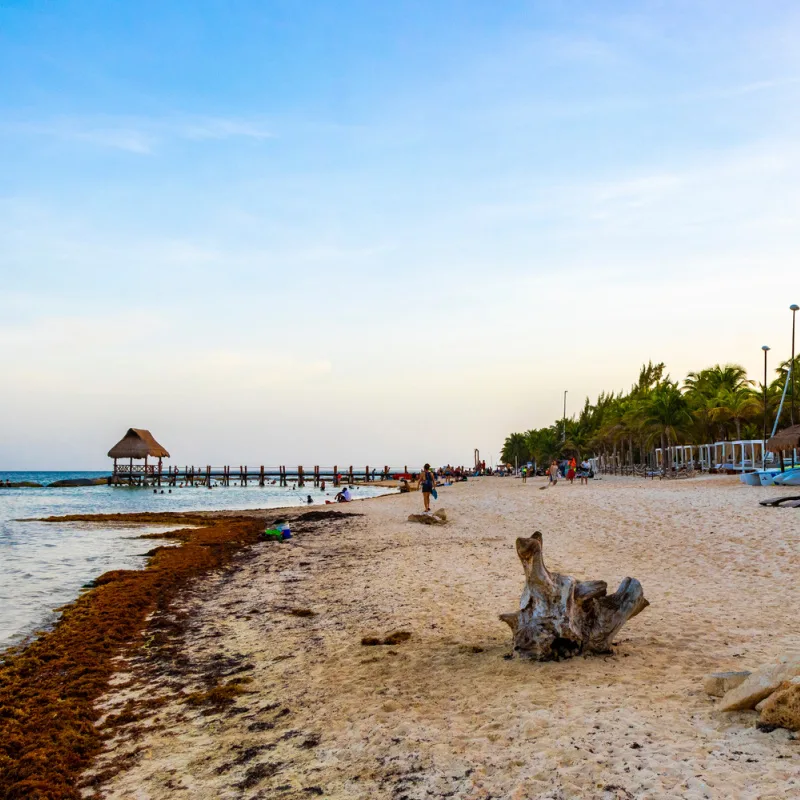
Ideally, travelers should recycle when possible.
When it comes to booking accommodation, guests are urged to opt for Green Key-certified resorts, which are proven to have a lesser environmental impact.
The call for action was issued amid concern over the state of beaches in the Mexican Caribbean, particularly those located in touristy areas like Cancun and the Riviera Maya.
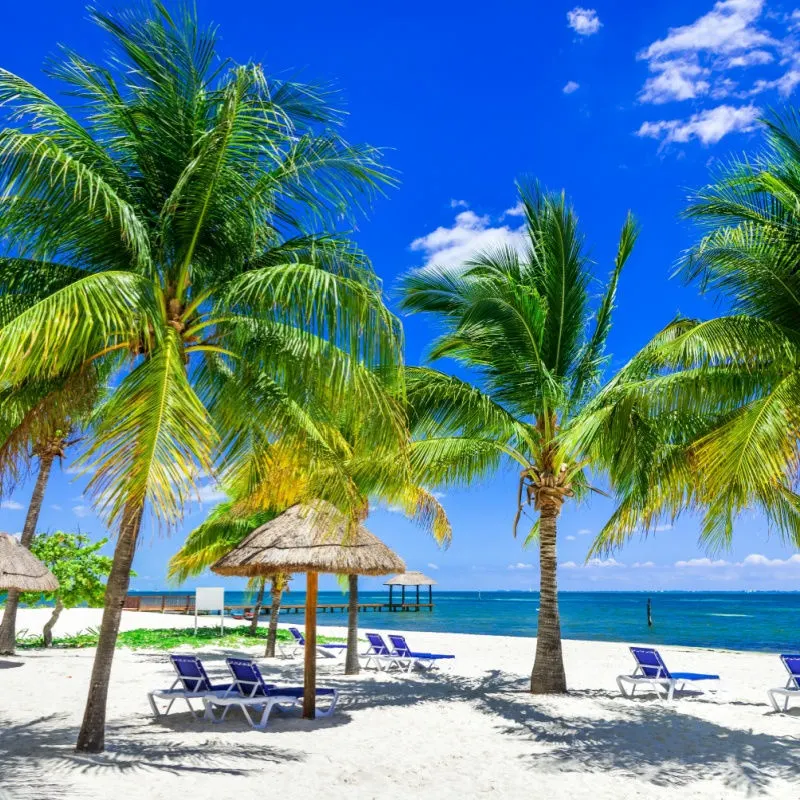
According to Zofemat environmental officials, more than 34 tons of solid waste are recovered from Cancun beaches each month, cementing concerns over the effects of tourism on the city’s white-sand beaches.
And while Cancun is no stranger to the hustle and bustle of urban life, many beaches in the coastal destination have a unique ecological value. Playa Delfines, a recently declared protected natural area in the heart of the city’s resort district, is home to up to 15% of all animal species in the region, with the nearby Isla Mujeres also boasting equally diverse wildlife.
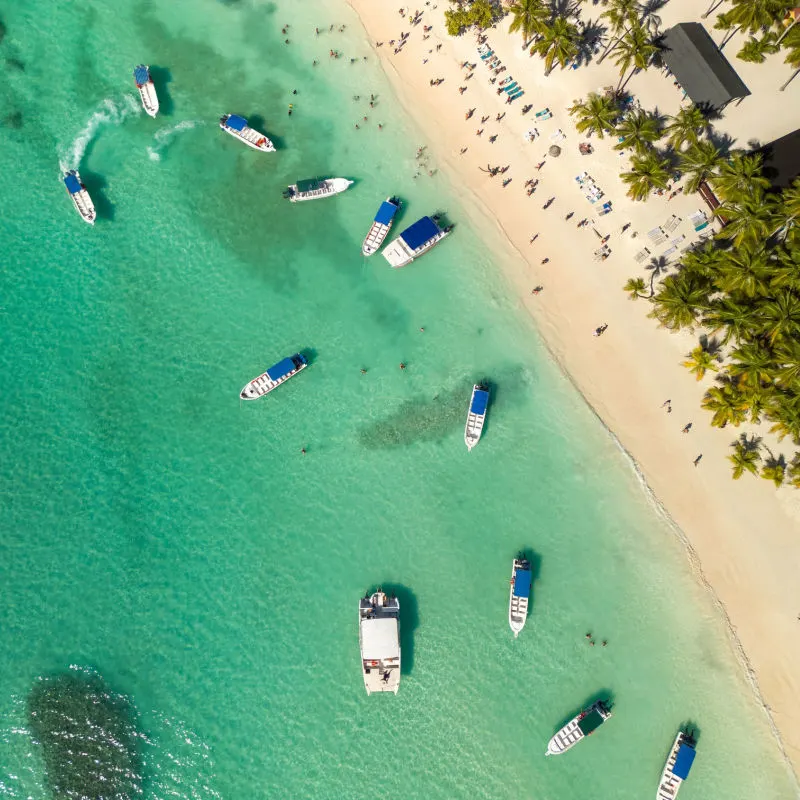
But respecting the environment extends to other spheres of tourism; when enjoying the Mexican Caribbean’s numerous archeological sites, travelers should refrain from touching or damaging ancient artifacts and stick to official paths.
That’s why earlier this month, authorities in the coastal hotspot of Tulum launched a new campaign to raise awareness concerning important rules when visiting the city’s massive National Park.
In Cancun, environmental officials will continue to carry out cleaning efforts ahead of the busy spring season to ensure clean beaches. Even so, travelers are urged to play their part in ensuring pristine conditions for years to come.
Plan Your Next Cancun Vacation:
Traveler Alert: Don’t Forget Travel Insurance For Your Next Trip!
Choose From Thousands of Cancun and Riviera Maya Hotels, Resorts and Hostels with Free Cancellation On Most Properties
↓ Join the community ↓
The Cancun Sun Community FB group has all the latest travel news, conversations and tourism Q&A’s for the Mexican Caribbean

Subscribe to our Latest Posts
Enter your email address to subscribe to The Cancun Sun’s latest breaking news affecting travelers, straight to your inbox.
